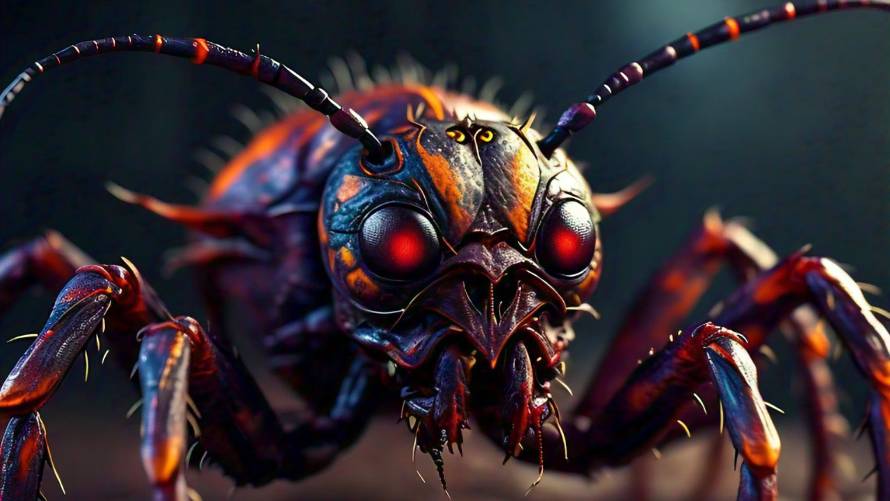In an article in the journal BioScience, an international team of researchers led by Dr. Cleo Bertelsmeier from the University of Lausanne, Switzerland, argue that the global spread of nonnative plants is a key factor driving the growing number of insect invasions worldwide.
The research challenges traditional assumptions about the principal causes of nonnative insect invasions.
The authors note that when nonnative plants become established in new regions, they create ecological niches that permit the establishment of insect species from the plants’ native ranges, which can produce further cascading effects: “Plant invasions facilitate insect invasions directly by providing ecological niches for arriving insect herbivores, and indirectly by favoring the establishment of insect predators and parasitoids,” resulting in a cascade of effects described as an “invasional meltdown.”
Bertelsmeier and colleagues synthesize multiple lines of evidence to analyze insect invasions, finding that global flows of invasive plants are more tightly linked to insect invasions than are other factors, such as global trade or propagule pressure. “Macroecological analyses support the hypothesis that nonnative plant richness is a major determinant of nonnative insect richness,” they say.
These findings have important implications for biosecurity and invasive species management, fields in which future success will depend on appropriately addressing the complex dynamics driving biological invasions in our increasingly interconnected world.
While current practices focus heavily on preventing new insect arrivals, the authors argue that more attention should be paid to limiting the spread of nonnative plants, say the authors: “Controlling the spread of undesired nonnative plant species would not only be beneficial because it mitigates the impacts of the plant species themselves, it would also reduce spillover of associated nonnative insects to native plant species.”
If our reporting has informed or inspired you, please consider making a donation. Every contribution, no matter the size, empowers us to continue delivering accurate, engaging, and trustworthy science and medical news. Independent journalism requires time, effort, and resources—your support ensures we can keep uncovering the stories that matter most to you.
Join us in making knowledge accessible and impactful. Thank you for standing with us!

